Keeping your identity secure can seem like an uphill battle. Indeed, there are countless ways criminals seek to use your personal information for their personal gains. The experts at Evolve Bank & Trust have gathered five of the most common types of identity theft and outlined how you can protect yourself against them.
Financial
Financial Identity Theft is what you generally think of when you think of someone’s identity has been stolen. This is when a criminal gains access to a bank account, credit card numbers, or a Social Security number to utilize existing accounts or open new accounts. The criminal is stealing your identity for personal financial gains. The best way to avoid financial identity theft is monitor your accounts and credit report for any irregular changes – such as spikes in usage or new accounts being opened.
Medical
Medical Identity Theft happens when someone receives medical care in your name. If you are a victim of medical identity theft, you may receive bills for procedures you didn’t receive and from doctors you don’t know. In that case, you should call the healthcare provider and dispute the charges. You should also monitor your insurance benefit statements for any procedures or appointments fraudulently charged to your account.
Tax
Tax Identity Theft occurs when a criminal files taxes fraudulently on your behalf to steal your tax refund. The first line of defense when it comes to tax identity theft is avoiding phishing attempts. Do not provide your personal information when you receive any unsolicited communication claiming to be the IRS. If your tax return is rejected because another has already been submitted, you should file a fraud claim with the IRS.
Estate
Estate Identity Theft is particular to criminals who steal the identity of a person who is deceased. This is a particularly tricky form of identity theft as the person is not here to monitor their own accounts, and loved ones are busy mourning, and thus criminals take advantage of the opportunity to open fraudulent accounts and even steal the deceased’s money. In the event of a family member’s passing, it’s important to take steps to safeguard their accounts and their ID. First, be sure to monitor their bank accounts so long as they are open. Next, be sure to inform a nationwide credit bureau of the death and request a death notice flag. This will ensure no new accounts will be opened their name.
Child
Child Identity Theft is particular to criminals stealing the identity of minors to open fraudulent accounts. Similar to Estate ID theft, Child Identity Theft can often go undetected as minors often have no accounts or credit to speak of, and thus are not monitoring their credit reports. To avoid child identity theft, parents should monitor credit reports for minors and report any fraudulent activity.
For more information on keeping your identity secure, click here.




